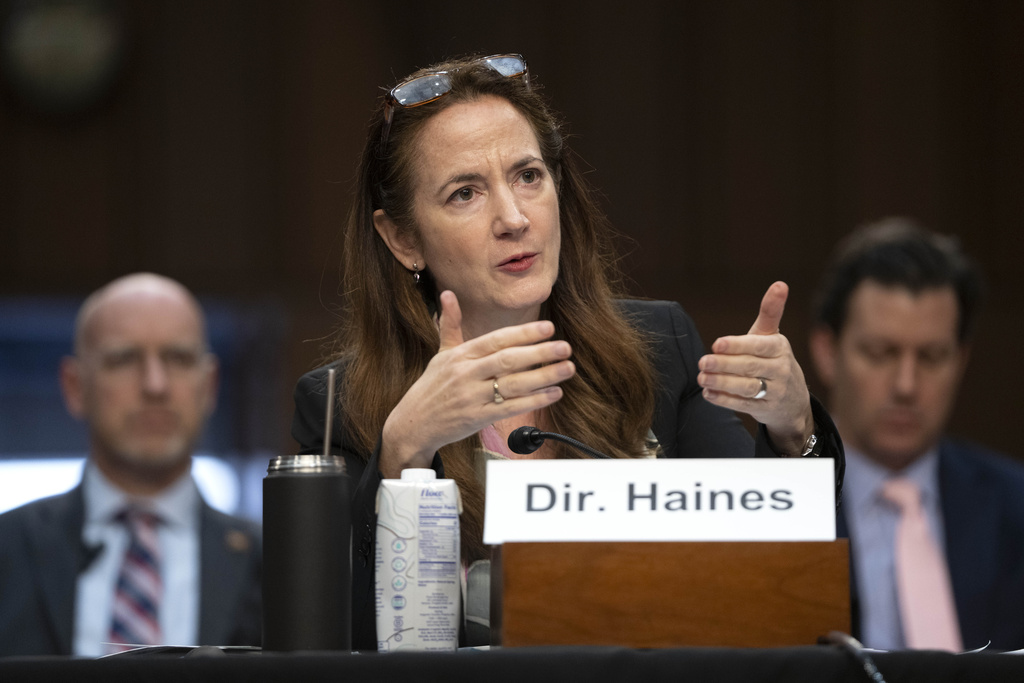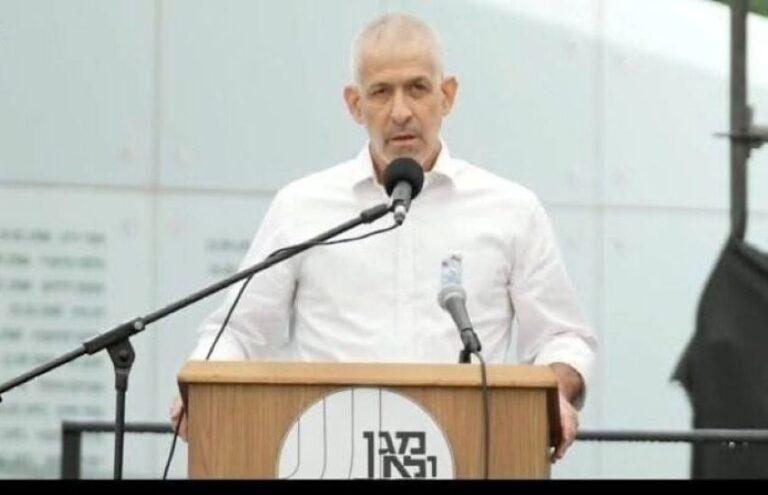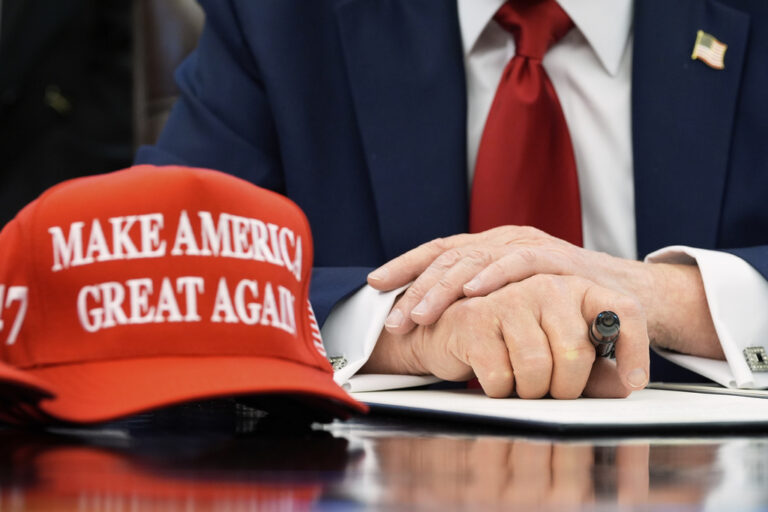America’s foreign adversaries will again seek to influence the upcoming U.S. elections, top security officials warned members of the Senate Wednesday, harnessing the latest innovations in artificial intelligence to spread online disinformation, mislead voters and undermine trust in democracy.
But the U.S. has greatly improved its ability to safeguard election security and identify and combat foreign disinformation campaigns since 2016, when Russia sought to influence the election, U.S. Director of National Intelligence Avril Haines testified to the Senate Intelligence Committee.
The latest warning from security officials comes as advances in AI make it easier and cheaper than ever to create lifelike images, video and audio that can fool even the most discerning voter. Other tools of disinformation include state media, online influencers and networks of fake accounts that can quickly amplify false and misleading content.
Russia, China and Iran remain the main actors looking to interfere with the 2024 election, security officials said, but due to advances in technology other nations or even domestic groups could try and mount their own sophisticated disinformation campaigns.
Russia remains “the most active foreign threat to our elections,” Haines said, using its state media and online influencers to erode trust in democratic institutions and U.S. support for Ukraine.
In recent months, Russia has seized on America’s debate over immigration, spreading posts that exaggerate the impact of migration in an apparent effort to stoke outrage among American voters.
China did not directly try to influence the outcome of the 2020 presidential election, mostly because of concerns over blowback, Haines said.
China’s ties to TikTok were one of the things cited by members of Congress who recently voted to force TikTok’s Beijing-based owner to sell the platform.
“Needless to say, we will continue to monitor their activity,” Haines said of China.
Iran, meanwhile, has used social media platforms to issue threats and try to confuse voters, Haines said. She cited a 2020 episode in which U.S. officials accused Tehran of distributing false content and being behind a flurry of emails sent to Democratic voters in multiple battleground states that appeared to be aimed at intimidating them into voting for President Donald Trump.
Previous efforts by federal agencies to call out foreign disinformation on platforms like Facebook or X, formerly known as Twitter, have quickly become caught up in debates over government surveillance, First Amendment rights and whether government agencies should be tasked with figuring out what’s true.
Republican Sen. Marco Rubio of Florida, the top Republican on the committee, questioned the officials about what they could do and how they would respond to “clearly fake” AI-generated videos about candidates that surface before the election.
“Who would be the person that would stand before the American people and say, ’We’re not interfering in the election. We just want you to know the video’s not real. Who would be in charge of that?” Rubio asked.
Haines responded that “I could be the person who goes out and makes that determination” but said there may be certain situations in which it would make more sense for state or local authorities to make that announcement.
Wednesday’s hearing on foreign threats to the election also covered the risk that an adversary could hack into state or local election systems, either to change the vote or to create the perception that the outcome can’t be trusted.
Jen Easterly, director of the Cybersecurity and Infrastructure Security Agency, said the federal government has worked closely with state and local election officials to ensure the 2024 election is the most secure ever.
“Election infrastructure has never been more secure,” Easterly said.
(AP)












One Response
What? I thought that no election fraud was possible! Just ask any Democrat responding to Trump’s claim of stolen elections.